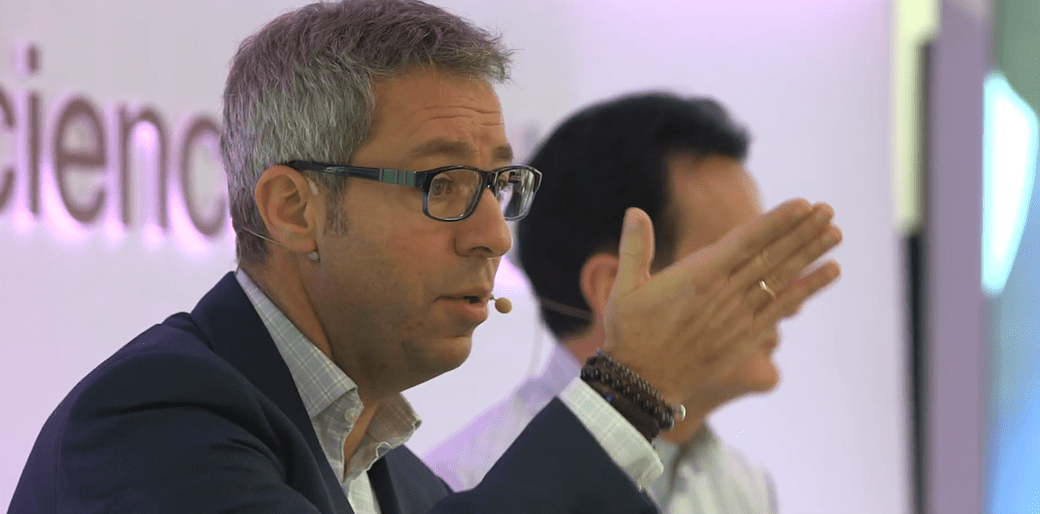
A day after Moderna vaccine results, rumors swirl of pending AstraZeneca data
A day after Moderna and the NIH published much-anticipated data from their Phase I Covid-19 vaccine trial, attention is turning to AstraZeneca which, according to a UK report, is expected to publish its own early data tomorrow.
ITV’s Robert Peston reported that AstraZeneca will publish the Phase I data in The Lancet.
AstraZeneca and Moderna represent the two most ambitious Covid-19 vaccine efforts, having set the quickest timelines for approval (though they were recently joined in that regard by the Pfizer-BioNTech partnership) and some of the loftiest goals in total doses. Yet there is even less known about AstraZeneca’s vaccine’s effect on humans than there was about Moderna’s before yesterday. Although, in a controversial move, Moderna released some statistics from its Phase I in May, AstraZeneca has yet to say anything about what it saw in its Phase I trial — a move consistent with the scientific convention to withhold data until it can be published in a peer-reviewed journal.
Unlock this article instantly by becoming a free subscriber.
You’ll get access to free articles each month, plus you can customize what newsletters get delivered to your inbox each week, including breaking news.